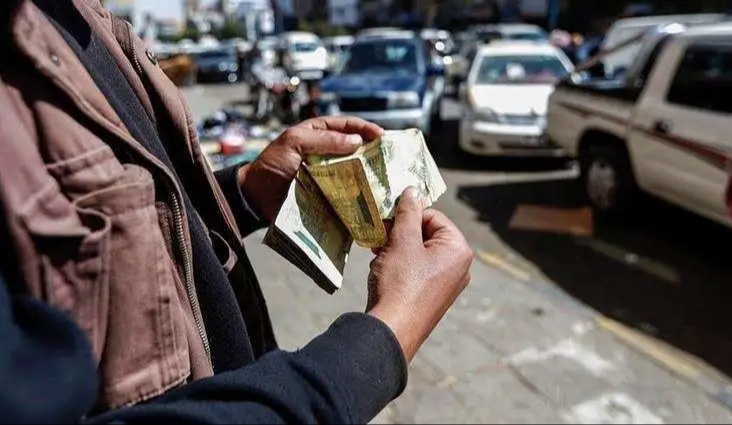
Barran Press
The United Nations World Food Programme (WFP) has warned the Houthi authorities of the potential consequences of their decision to ban dollar remittances in areas under their control. The WFP report, published in the London-based newspaper Al-Sharq Al-Awsat on Sunday, June 2, 2024, expressed concern over the depletion of foreign currency reserves in Houthi-controlled areas.
While the exchange rate in Houthi-controlled areas remains relatively stable at 527 Yemeni rials to the dollar, the ban imposed by the Sana'a branch of the Houthi-controlled Yemeni Central Bank on receiving external transfers in dollars has raised concerns about the dwindling foreign currency reserves.
Meanwhile, the Yemeni rial has plummeted to its lowest level in areas controlled by the internationally recognized government, reaching 1,681 rials to the dollar by the end of April. This represents a depreciation of approximately 28 percent compared to the previous year.
The UN report attributes this decline primarily to "decreased foreign currency reserves, a drop in crude oil exports, and a decrease in financial remittances." The disruption of oil exports due to Houthi attacks has resulted in a loss of nearly two billion dollars in government revenues, further exacerbating the economic crisis.
The deteriorating economic situation has led to soaring prices of food and fuel in Houthi-controlled territories, while the Yemeni economy as a whole faces a severe cash crisis. In Aden and areas controlled by the Yemeni government, the exchange rate has reached 1,760 rials to the US dollar, compared to 1,676 rials in late April. The Saudi riyal is also trading at a higher rate, reaching 464 rials compared to 441 rials in late April.
The financial division imposed by the Houthis, coupled with their bombing of oil export ports in October 2023 and the internationally recognized government's subsequent ban on their exportation, has further intensified the economic challenges facing Yemen.





